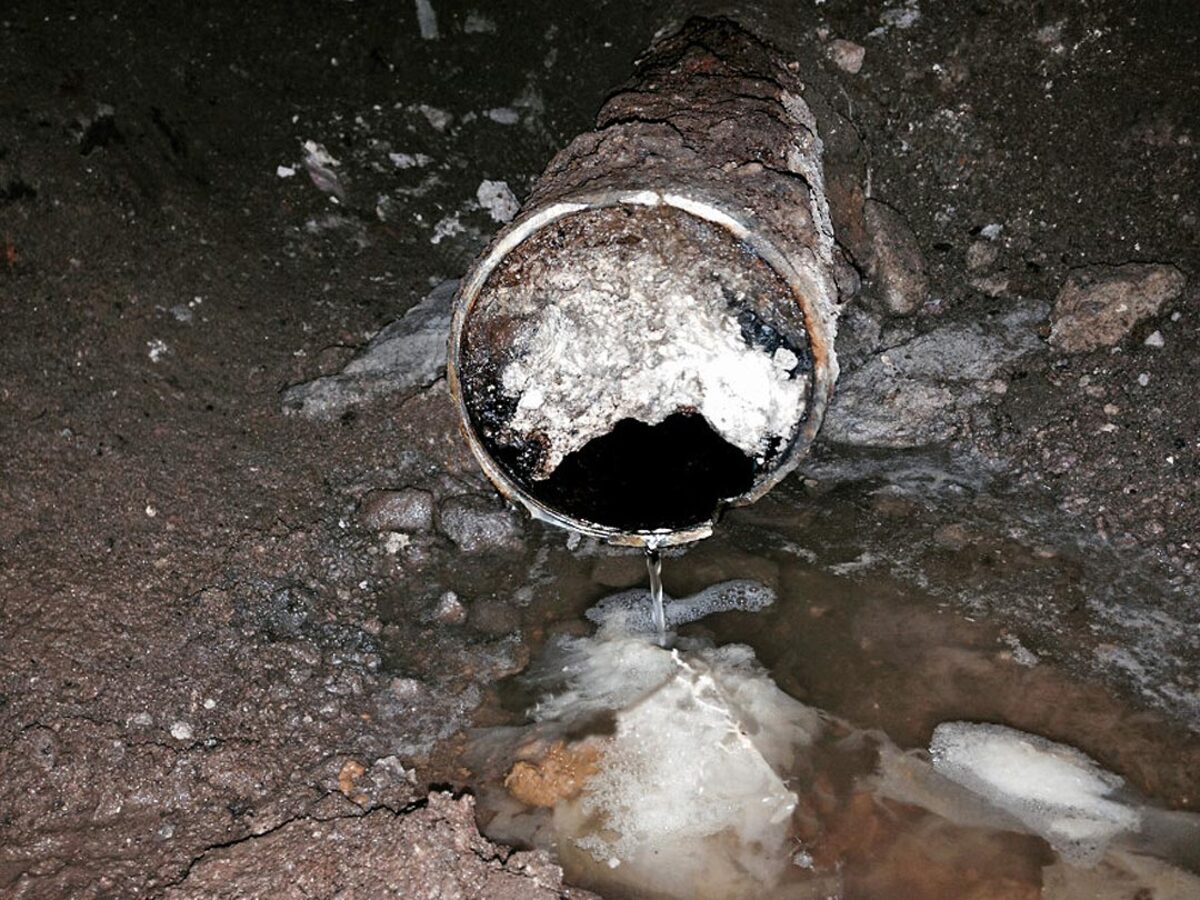

Articles
What Is A Stoppage In Plumbing
Modified: October 18, 2024
Learn all about stoppages in plumbing with our informative articles. Find out what causes them and how to fix them effectively.
(Many of the links in this article redirect to a specific reviewed product. Your purchase of these products through affiliate links helps to generate commission for Storables.com, at no extra cost. Learn more)
Introduction
Plumbing is an essential aspect of any building or home, providing us with access to clean water and efficient wastewater disposal. However, even the most advanced plumbing systems can encounter issues over time, one of which is a plumbing stoppage. A plumbing stoppage occurs when there is a blockage or obstruction in the pipes, preventing the proper flow of water or waste.
Dealing with a plumbing stoppage can be a major inconvenience, leading to slow draining sinks, backed-up toilets, and even potential water damage if left unresolved. Understanding what a plumbing stoppage is, its causes, and how to prevent and resolve it can help you maintain a smoothly functioning plumbing system.
In this article, we will delve into the definition of a plumbing stoppage and explore the signs, causes, types, and consequences of such stoppages. We will also provide valuable tips to prevent plumbing stoppages and steps to clear them when they occur. So, let’s get started!
Key Takeaways:
- Plumbing stoppages, caused by blockages in pipes, can lead to slow draining, backups, and unpleasant odors. Recognizing the signs and addressing them promptly is crucial to prevent further damage and maintain a smoothly functioning plumbing system.
- Preventing plumbing stoppages through proper waste disposal, regular cleaning, and monitoring water pressure can save you from costly repairs. When DIY methods fail, don’t hesitate to call a professional plumber for effective resolution.
Read more: What Is A Plumbing Stoppage Coverage
Definition of Stoppage in Plumbing
A stoppage in plumbing refers to a blockage or obstruction in the pipes that restricts or prevents the flow of water or waste. It can occur in various parts of the plumbing system, including drains, pipes, and sewer lines. When a stoppage occurs, water may no longer flow freely, leading to drainage issues and potential backups.
The blockage in a plumbing system can be caused by a variety of materials, such as hair, grease, soap residue, food particles, mineral deposits, or tree roots infiltrating the sewer line. These materials accumulate over time and form a clog, restricting water flow and causing the plumbing system to malfunction.
Plumbing stoppages can vary in severity, ranging from minor blockages that cause slow draining to complete obstructions that render fixtures unusable. It is important to address these stoppages promptly to prevent further damage and inconvenience.
It’s worth noting that a plumbing stoppage can occur in both residential and commercial properties. Whether it’s a clogged sink, a backed-up toilet, or a slow-draining shower, any interruption in the water flow is considered a stoppage and requires attention from a plumbing professional.
Understanding the definition of a plumbing stoppage is crucial in identifying and addressing the problem. By recognizing the signs and symptoms of a stoppage, you can take the necessary steps to resolve it and restore the proper functioning of your plumbing system.
Signs and Symptoms of a Plumbing Stoppage
Recognizing the signs and symptoms of a plumbing stoppage is vital to address the issue promptly and prevent further damage. Here are some common indicators that you may have a stoppage in your plumbing system:
- Slow draining: If you notice that water is taking longer than usual to drain from sinks, showers, or bathtubs, it could indicate a possible stoppage. Slow drainage is often one of the first signs of a partial blockage in the pipes.
- Backed-up drains: When multiple drains in your home or building are backing up simultaneously, it strongly suggests a blockage in the main sewer line. You may experience water backing up in the lowest drains, such as floor drains or basement sinks, first.
- Gurgling sounds: Unusual gurgling noises coming from your drains, toilets, or pipes may indicate air trapped in the plumbing system due to a blockage. These sounds occur as water tries to pass through the obstruction.
- Unpleasant odors: Foul smells emanating from drains or toilets can be a sign of a sewer line blockage. The stagnant water and waste unable to flow freely can cause unpleasant odors to linger in your home or building.
- Overflowing toilets: If flushing the toilet causes the water to rise instead of draining properly, it indicates a blockage in the pipes. This can result in messy and unhygienic situations that require immediate attention.
- Water backups: Water backing up into unexpected places, such as sinks or showers in nearby rooms when running specific fixtures, is a telltale sign of a plumbing stoppage. It suggests a blockage further down the line that is affecting the water flow throughout the system.
If you notice any of these signs or symptoms in your plumbing system, it’s essential to take action promptly to prevent further complications. Ignoring a stoppage can lead to more significant issues, such as pipe bursts, water damage, and costly repairs. Understanding these signs empowers you to address the problem effectively and seek the necessary assistance from a professional plumber.
Common Causes of Plumbing Stoppages
Plumbing stoppages can occur for various reasons, ranging from everyday usage to external factors. Understanding the common causes of these stoppages can help you take preventive measures and minimize the risk of blockages in your plumbing system. Here are some typical causes of plumbing stoppages:
- Foreign objects: Small objects, such as toys, jewelry, or sanitary products, can accidentally find their way into drains and cause blockages. These objects can get stuck in the pipes and obstruct the flow of water, leading to stoppages.
- Grease and food debris: Pouring cooking grease, oil, or fatty substances down the drain can solidify and accumulate in the pipes over time, causing blockages. Likewise, food debris, such as vegetables peels, coffee grounds, or eggshells, can also contribute to stoppages in kitchen drains.
- Hair: Hair is a common culprit for bathroom drain stoppages. It can accumulate, combine with soap residue, and form clumps that restrict water flow. Over time, these hair clogs can become more severe and impede proper drainage.
- Mineral buildup: In areas with hard water, mineral deposits can accumulate inside pipes and reduce the inner diameter, leading to decreased water flow. This buildup can result in stoppages, particularly in fixtures and appliances with narrow passages.
- Tree roots: Tree roots are a significant concern for outdoor plumbing systems. As trees grow, their roots can infiltrate underground sewer lines, causing blockages and even damaging the pipes. Root intrusion is a common cause of severe plumbing stoppages.
- Collapsed or broken pipes: Aging or deteriorated pipes are prone to collapsing or breaking. This can result in significant blockages and hinder the flow of water or waste. Factors such as ground shifting, freezing temperatures, or excessive pressure can contribute to pipe damage.
It is important to note that some causes of plumbing stoppages are preventable through proper usage and maintenance. Avoiding the disposal of inappropriate items down drains, regular cleaning of drains, and monitoring the condition of pipes can go a long way in preventing stoppages. However, in some cases, professional plumbing services may be required to address more severe blockages caused by tree roots or collapsed pipes.
By understanding the common causes of plumbing stoppages, you can take proactive measures to prevent them and maintain the smooth operation of your plumbing system.
Types of Plumbing Stoppage
Plumbing stoppages can manifest in different ways depending on the location and severity of the blockage. Understanding the types of plumbing stoppages can help you identify and address the problem more effectively. Here are the common types of plumbing stoppages:
- Partial stoppage: This type of stoppage occurs when there is a partial obstruction in the pipes, allowing some water to pass through but at a significantly reduced rate. It often leads to slow draining or water backups in fixtures.
- Complete stoppage: A complete stoppage refers to a total blockage in the plumbing system where water or waste cannot flow at all. This can result in overflowing toilets, drains that won’t drain, and backup issues throughout the building.
- Localized stoppage: A localized stoppage is a blockage that affects only a specific fixture or area within the plumbing system. For example, a clogged sink or shower drain can be considered a localized stoppage. It typically indicates a problem within that particular pipe or drain.
- Main line stoppage: A main line stoppage occurs when there is a blockage in the primary sewer line that connects to the municipal sewer system or septic tank. It can lead to backups in multiple fixtures, such as toilets, sinks, and showers, throughout the building.
- Vent stack stoppage: Vent stacks are vertical pipes that allow air to enter the plumbing system to maintain proper drainage. When a vent stack becomes blocked or obstructed, it can result in slow draining or gurgling sounds from drains and toilets.
- Drain trap stoppage: Drain traps are curved pipes located beneath sinks, showers, and tubs that prevent sewer gases from entering the building. If a drain trap becomes clogged, it can cause slow drainage or backups in that particular fixture.
Identifying the type of plumbing stoppage you are experiencing can provide valuable insights into the location and severity of the blockage. This information can help you decide whether to tackle the issue yourself or seek professional assistance. Keep in mind that while some localized stoppages can be cleared with simple DIY methods, main line stoppages or more complex issues may require the expertise of a licensed plumber.
By understanding the different types of plumbing stoppages, you can take appropriate measures to resolve the problem efficiently and minimize disruption to your plumbing system.
Regularly check and maintain your plumbing system to prevent stoppages. Use drain strainers to catch debris, avoid pouring grease down the drain, and flush with hot water to prevent clogs.
Read more: What Is Plumbing?
The Importance of Fixing Plumbing Stoppages
Fixing plumbing stoppages in a timely manner is crucial to maintain the proper functioning of your plumbing system and prevent further complications. Here are some reasons why addressing plumbing stoppages is of utmost importance:
- Prevent further damage: Ignoring a plumbing stoppage can lead to more severe problems. A partial blockage, if left untreated, can worsen over time and eventually result in a complete stoppage. This can cause backups, leaks, pipe bursts, and water damage, resulting in costly repairs and potential property damage.
- Protect your health and hygiene: Plumbing stoppages, especially in toilets and drains, can lead to unsanitary conditions. Standing water and waste backups create a breeding ground for bacteria, mold, and unpleasant odors. Resolving the stoppage promptly helps maintain a clean and hygienic environment for you and your family or occupants.
- Restore proper drainage and functionality: Plumbing stoppages can significantly disrupt the normal flow of water and waste in your plumbing system. Slow draining sinks, backed-up toilets, and clogged showers can be inconvenient and affect your daily routines. By fixing the stoppage, you can restore proper drainage and regain the functionality of your plumbing fixtures.
- Prevent water damage: Water backups caused by plumbing stoppages can lead to water damage in your home or building. Excessive moisture can seep into walls, floors, and ceilings, causing structural damage and promoting the growth of mold and mildew. Resolving stoppages promptly helps prevent these water-related issues.
- Save money on repairs: Dealing with a plumbing stoppage early can help you avoid costly repairs down the line. By addressing the issue promptly, you minimize the risk of major plumbing system failures, pipe bursts, or extensive water damage. This can potentially save you a significant amount of money in repair and restoration expenses.
It is essential to prioritize fixing plumbing stoppages as soon as you notice any signs or symptoms. While minor stoppages can sometimes be cleared with DIY methods, it is recommended to seek professional help for more severe and complex stoppages. Licensed plumbers have the expertise, tools, and knowledge to safely and effectively diagnose and resolve plumbing stoppages.
Remember, prevention is always better than cure. Regular maintenance, including drain cleaning and inspections, can help prevent stoppages and keep your plumbing system in optimal condition. By addressing stoppages promptly and implementing preventive measures, you can ensure the longevity and efficient operation of your plumbing system.
How to Prevent Plumbing Stoppages
Preventing plumbing stoppages is key to maintaining the integrity and functionality of your plumbing system. By implementing a few simple preventive measures, you can reduce the risk of blockages and keep your pipes flowing smoothly. Here are some effective methods to prevent plumbing stoppages:
- Dispose of waste properly: Only flush toilet paper and human waste down the toilet. Avoid flushing any other items, such as paper towels, sanitary products, or baby wipes, as they can cause clogs in the pipes.
- Avoid pouring grease down drains: Dispose of cooking grease, oil, and fat in a separate container and dispose of it in the trash. Pouring these substances down drains can cause them to solidify and accumulate in the pipes, leading to blockages.
- Use drain covers: Install drain covers or screens in your sinks, showers, and tubs to catch hair, soap residue, and other debris. Regularly clean these covers to prevent buildup and ensure proper drainage.
- Flush drains with hot water: Pour boiling water down your drains periodically to help dissolve grease and flush away any accumulation. This can help prevent the buildup of grease and other substances in the pipes.
- Be mindful of what goes in the garbage disposal: When using a garbage disposal, avoid putting large or fibrous food items, such as bones, fruit peels, or coffee grounds, as they can cause clogs. Always run cold water while using the garbage disposal to help flush away debris.
- Regularly clean and maintain drains: Perform routine cleaning of your drains using a mixture of vinegar and baking soda. This natural solution can help remove buildup and keep your drains flowing freely. Additionally, consider scheduling periodic professional drain cleaning to remove any stubborn blockages.
- Inspect your sewer line: If you have trees on your property, periodically inspect your sewer line for any signs of root intrusion. Consider professional root removal or installing a root barrier to prevent root growth into the pipes.
- Monitor water pressure: Excessive water pressure can put strain on your pipes and increase the risk of pipe damage and leaks. Install a pressure regulator to ensure the water pressure remains within a safe range.
- Educate household members and occupants: Teach everyone in your household or building about proper plumbing usage. Encourage them to avoid flushing inappropriate items down the toilet and properly dispose of waste.
By following these preventive measures, you can significantly reduce the occurrence of plumbing stoppages and prolong the lifespan of your plumbing system. However, it’s important to remember that some blockages may still occur despite your best efforts. If you encounter persistent stoppages or notice signs of a larger issue, it is advisable to seek the assistance of a licensed plumber to assess and address the problem.
Remember, prevention is always better than dealing with the inconvenience and potential damage caused by plumbing stoppages. By implementing these preventive measures, you can maintain a smoothly flowing plumbing system and save yourself from significant repair costs in the long run.
Steps to Clear a Plumbing Stoppage
Dealing with a plumbing stoppage can be a frustrating experience, but in many cases, you can clear the blockage yourself using a few simple steps. Here are the recommended steps to clear a plumbing stoppage:
- Identify the location of the blockage: Determine the specific fixture or drain where the stoppage is occurring. This will help you focus your efforts on clearing the right area.
- Protect yourself: Wear gloves and protective eyewear to avoid coming into direct contact with any debris or unsanitary conditions.
- Try the plunger: For a localized stoppage, such as a clogged sink or toilet, start by using a plunger. Ensure there is enough water in the fixture to cover the plunger’s cup and create a seal. Then, push and pull the plunger forcefully to create suction and dislodge the blockage. Repeat the process several times if necessary.
- Use a plumbing snake: If the plunger doesn’t work or the stoppage is further down the pipe, use a plumbing snake, also known as a drain auger. Insert the snake into the drain or pipe and rotate it while applying gentle pressure. This will help break up the clog and allow water to flow freely.
- Try a natural drain cleaner: If the blockage is due to grease or organic material, you can try using a natural drain cleaner. Pour a mixture of equal parts vinegar and baking soda down the drain, followed by hot water. Let it sit for a few hours or overnight before flushing with more hot water. This can help dissolve the buildup and clear minor clogs.
- Use a chemical drain cleaner: As a last resort, you can try using a chemical drain cleaner. However, be cautious as these products can be harsh and may damage pipes or fixtures if not used correctly. Follow the instructions provided by the manufacturer and take necessary safety precautions.
- Prevent future blockages: After successfully clearing the stoppage, take preventive measures to avoid future blockages. Regularly clean drains, use drain covers, avoid pouring grease down drains, and educate household members or occupants on proper plumbing usage.
If you have attempted these steps and the stoppage persists or if you have a main line stoppage, it is recommended to contact a professional plumber. They have the experience and specialized equipment to address more complex blockages and ensure a thorough clearing of your plumbing system.
Remember, it’s important to take precautions and use the appropriate techniques when clearing a plumbing stoppage. If you are unsure or uncomfortable with any step of the process, it is best to seek professional assistance to avoid causing further damage or injury to yourself or your plumbing system.
By following these steps and taking preventive measures, you can effectively clear common plumbing stoppages and maintain the smooth flow of water and waste in your plumbing system.
When to Call a Professional Plumber for a Stoppage
While many plumbing stoppages can be cleared using DIY methods, there are certain situations where it is best to call a professional plumber. Here are some instances when it is advisable to seek the expertise of a professional:
- Repeated or persistent stoppages: If you have attempted to clear the stoppage multiple times but it keeps recurring, it may indicate a more significant issue within your plumbing system. A professional plumber can assess the situation and identify the root cause of the problem.
- Main line stoppage: If multiple fixtures in your home or building are backed up simultaneously, it suggests a blockage in the main sewer line. Main line stoppages require specialized equipment and expertise to resolve effectively, making it crucial to call a professional plumber.
- Complex or hard-to-reach blockages: Some blockages may be located in hard-to-reach areas, such as deep within the pipes or behind walls. Professional plumbers have the tools and training to access these areas and clear blockages without causing further damage.
- Old or deteriorating plumbing system: If your plumbing system is old or prone to issues, it is wise to consult a professional plumber. They can assess the condition of your pipes, identify any damage or potential weak points, and recommend the best course of action.
- Health and safety concerns: If the blockage involves hazardous materials or poses health risks, such as sewage backups or chemical spills, it is essential to contact a professional plumber. They have the necessary training and equipment to handle these situations safely.
- Limited plumbing knowledge and experience: If you are inexperienced with plumbing repairs or unsure about the steps involved in clearing a stoppage, it is best to leave the job to a professional. Attempting complex repairs without the right knowledge can lead to further damage or even injury.
Professional plumbers bring a wealth of expertise and knowledge to the table. They can accurately diagnose the cause of the stoppage, provide a long-lasting solution, and offer advice on preventive measures to avoid future blockages. Hiring a professional plumber for more challenging or persistent stoppages ensures the job is done correctly and minimizes the risk of further complications.
Remember, it’s important to be proactive in addressing plumbing stoppages. Ignoring the problem or attempting DIY fixes beyond your capabilities can lead to more significant issues and costly repairs in the future. Don’t hesitate to contact a professional plumber when needed to ensure the proper functioning of your plumbing system.
Read more: What Is A Plumbing Fixture
Conclusion
Plumbing stoppages can be a source of frustration and inconvenience, but understanding what they are, their causes, and how to prevent and resolve them is crucial for the proper functioning of your plumbing system. By being aware of the signs and symptoms of a stoppage, you can take timely action and prevent further damage and costly repairs.
We explored the definition of a plumbing stoppage, which occurs when there is a blockage or obstruction in the pipes, hindering the flow of water or waste. We also discussed common causes, including foreign objects, grease buildup, hair, mineral deposits, tree roots, and pipe damage.
Recognizing the signs of a plumbing stoppage, such as slow draining, backups, gurgling sounds, and unpleasant odors, is essential to address the issue promptly. Preventive measures, such as proper waste disposal, regular cleaning of drains, and monitoring water pressure, can help prevent stoppages from occurring in the first place.
In the event of a stoppage, we outlined steps you can take to clear the blockage yourself, such as using a plunger, plumbing snake, or natural drain cleaner. However, for persistent or complex stoppages, it is advisable to call a professional plumber who has the expertise and specialized equipment to address the issue effectively.
Fixing plumbing stoppages is crucial to prevent further damage, protect your health and hygiene, restore proper drainage and functionality, prevent water damage, and save money on repairs. By taking preventive measures and addressing stoppages promptly, you can maintain a smoothly flowing plumbing system and avoid unnecessary inconvenience and expenses.
In conclusion, being knowledgeable about plumbing stoppages and taking the necessary steps to prevent and resolve them are essential for the well-being of your plumbing system. Don’t hesitate to reach out to a professional plumber when needed, as they can provide the expertise and assistance required to tackle more complex or persistent stoppages. With proper care and maintenance, you can keep your plumbing system in excellent condition and enjoy uninterrupted and efficient water flow throughout your home or building.
Curious about maintaining your home's plumbing system beyond just handling stoppages? Our next feature offers practical advice on identifying when your plumbing might need professional attention. Whether you're dealing with drips, leaks, or unusual noises, understanding these warning signs can save you from future headaches and costly repairs. Don't wait until water damage becomes apparent! Dive deeper into preventive techniques and early detection methods that keep your pipes in prime condition.
Frequently Asked Questions about What Is A Stoppage In Plumbing
Was this page helpful?
At Storables.com, we guarantee accurate and reliable information. Our content, validated by Expert Board Contributors, is crafted following stringent Editorial Policies. We're committed to providing you with well-researched, expert-backed insights for all your informational needs.
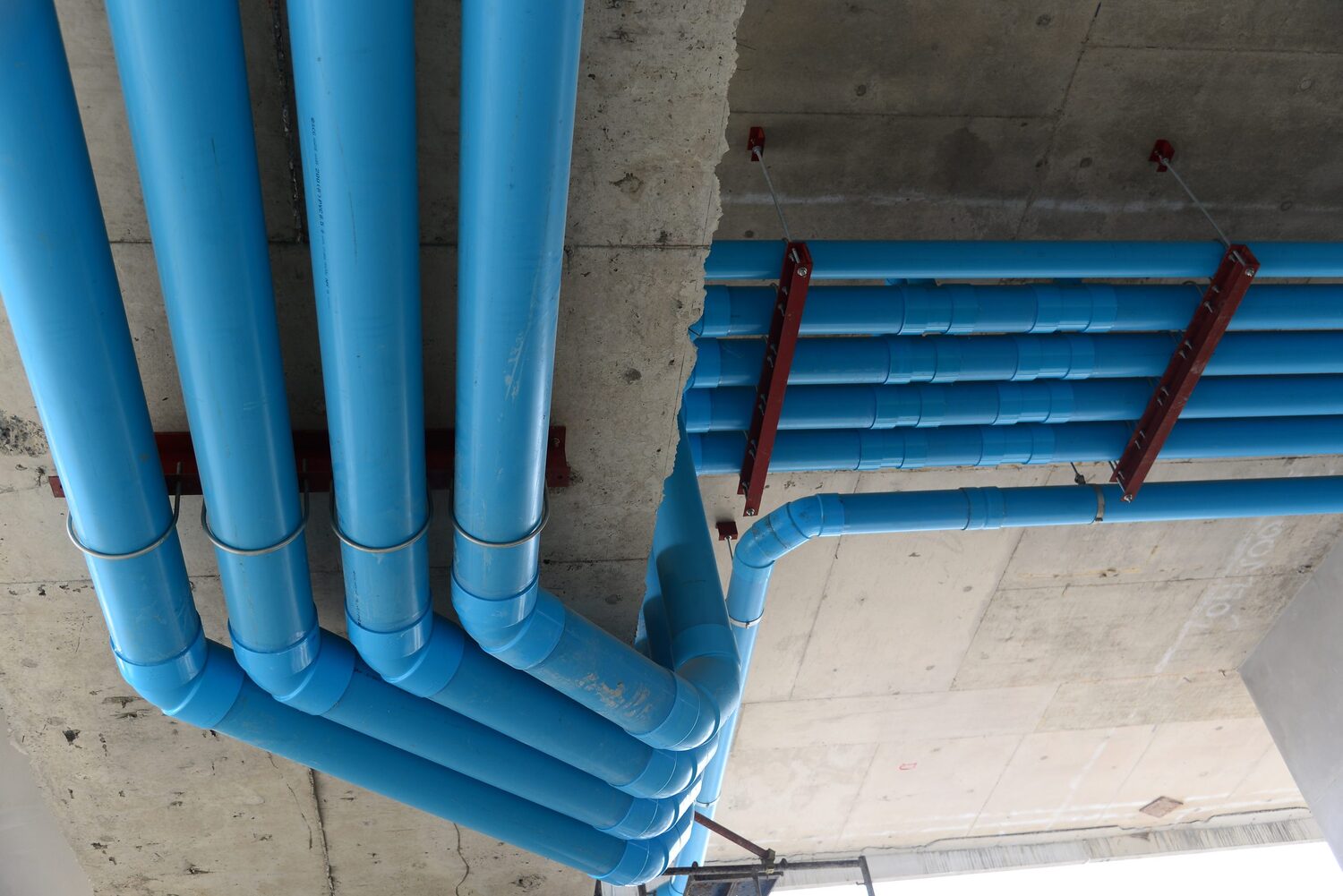
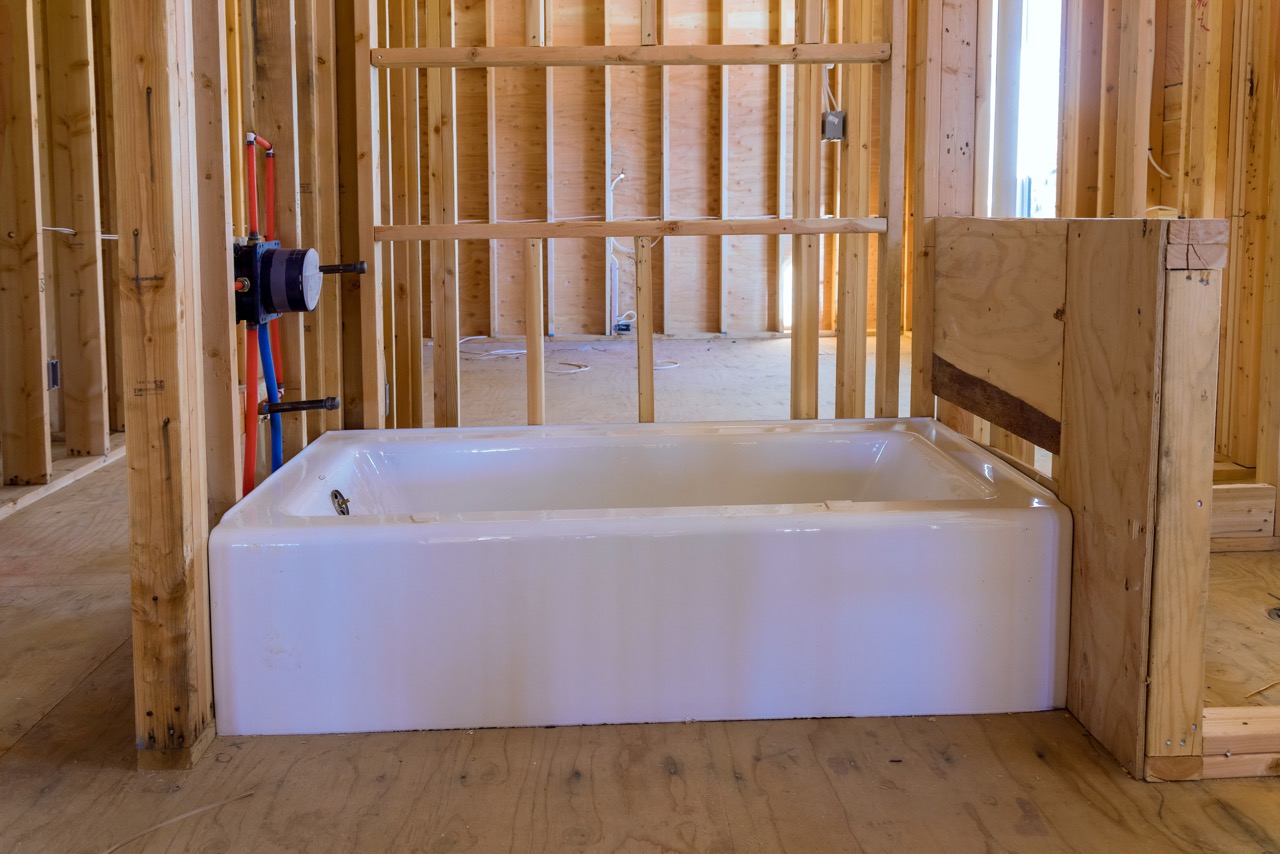
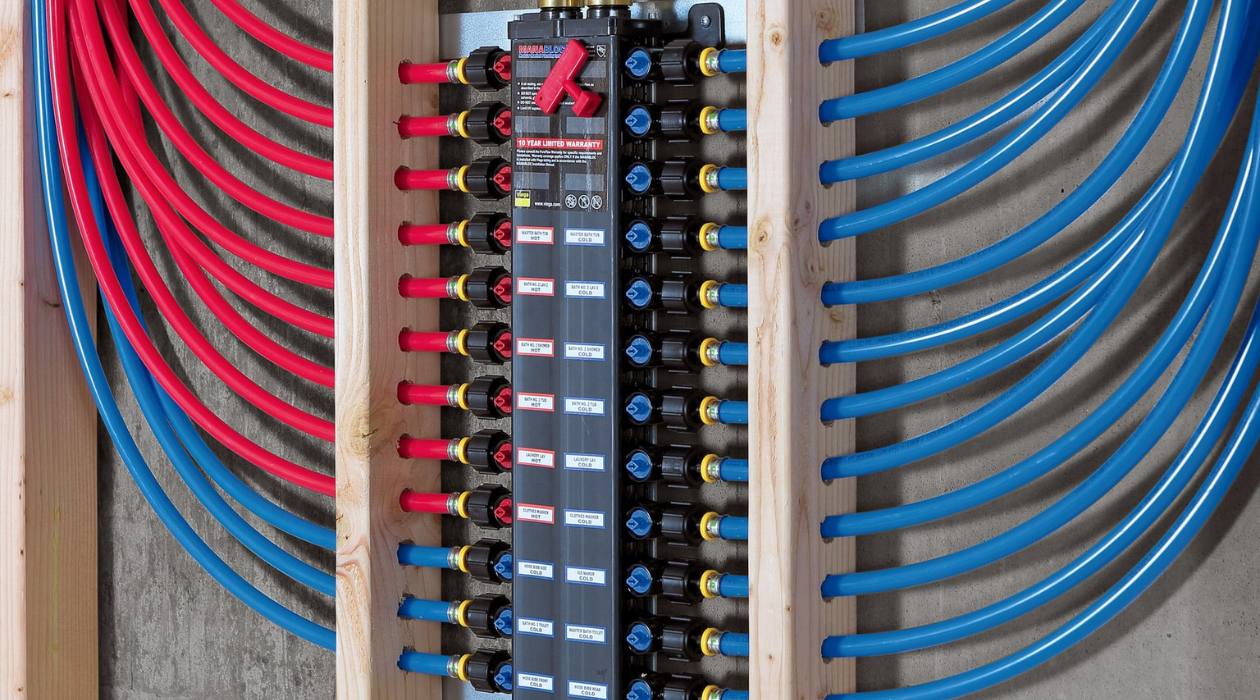
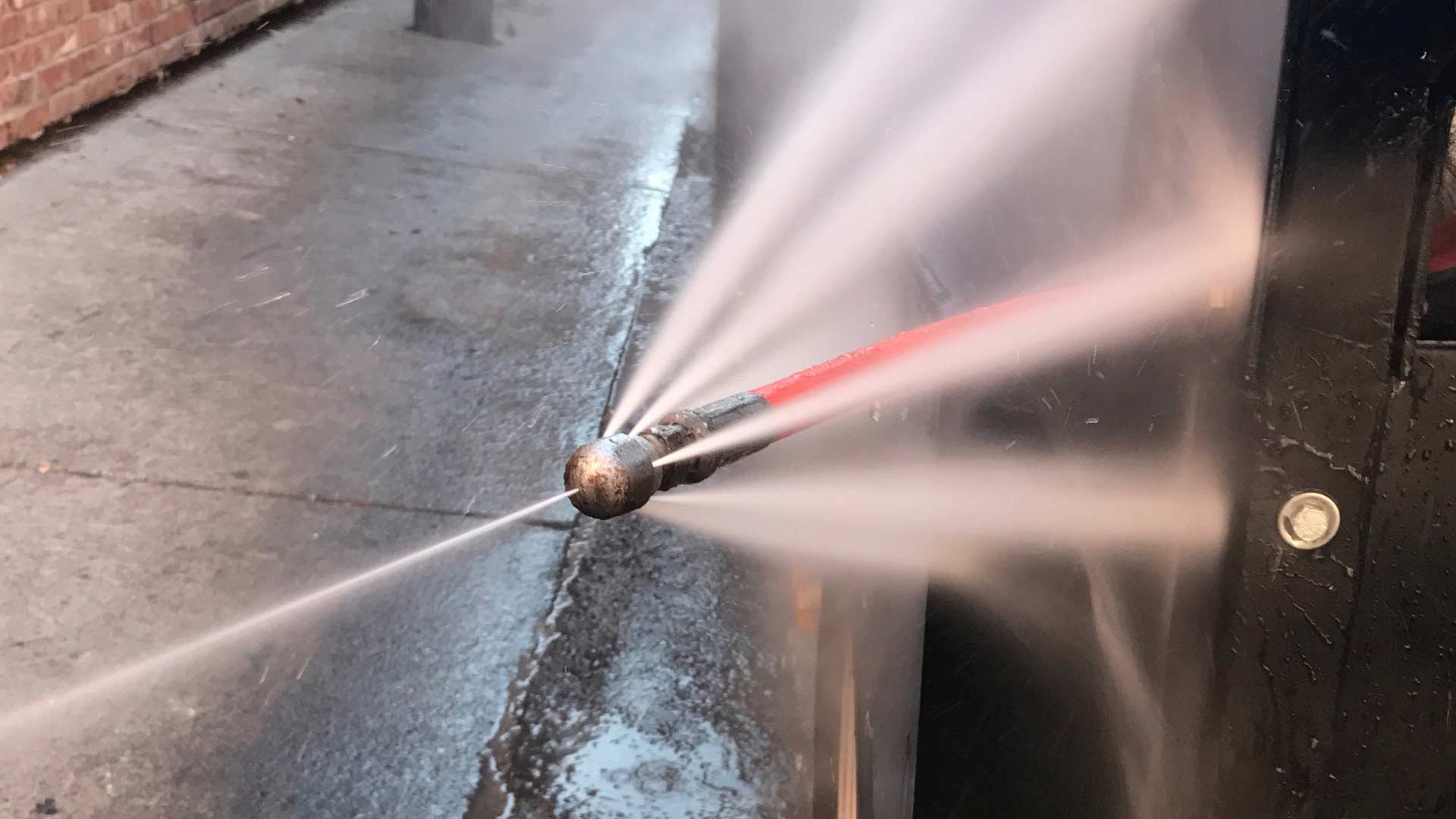
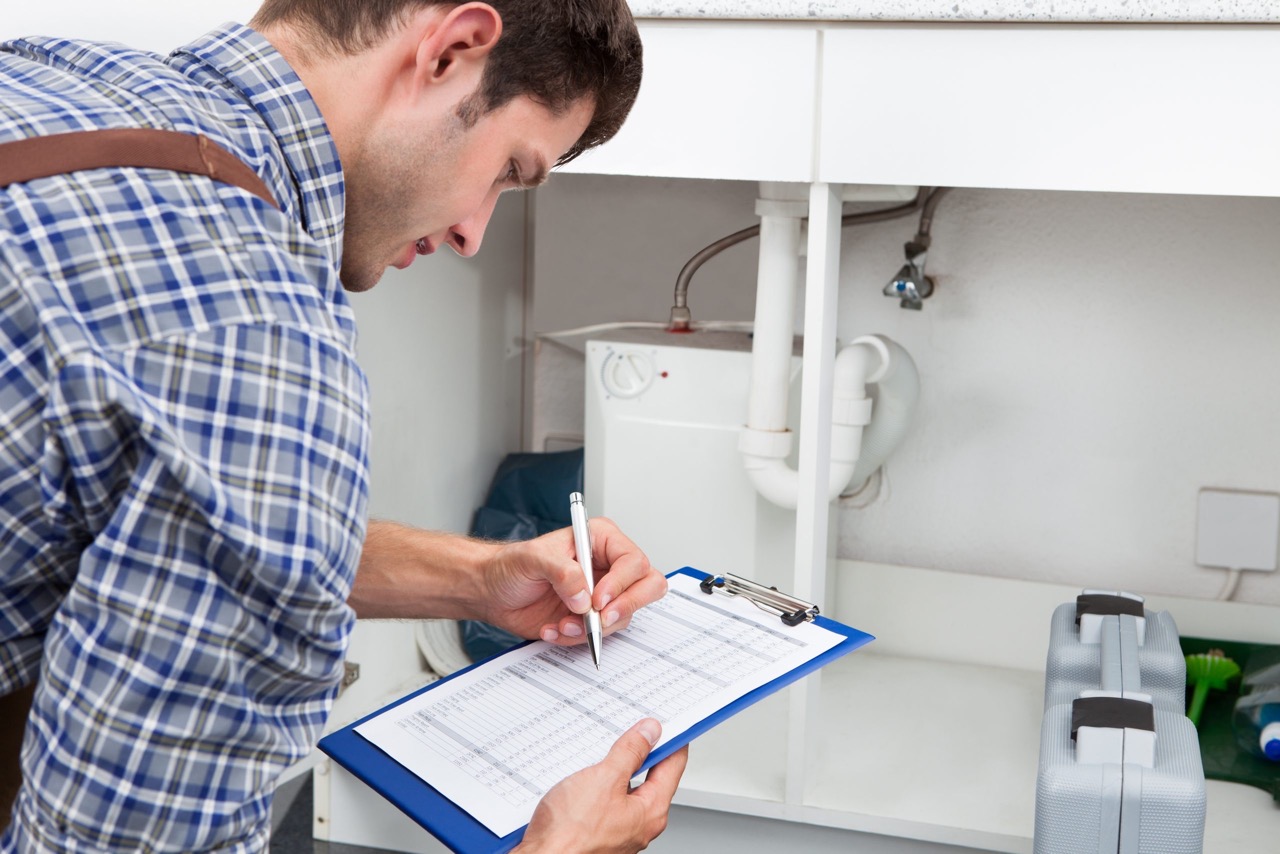
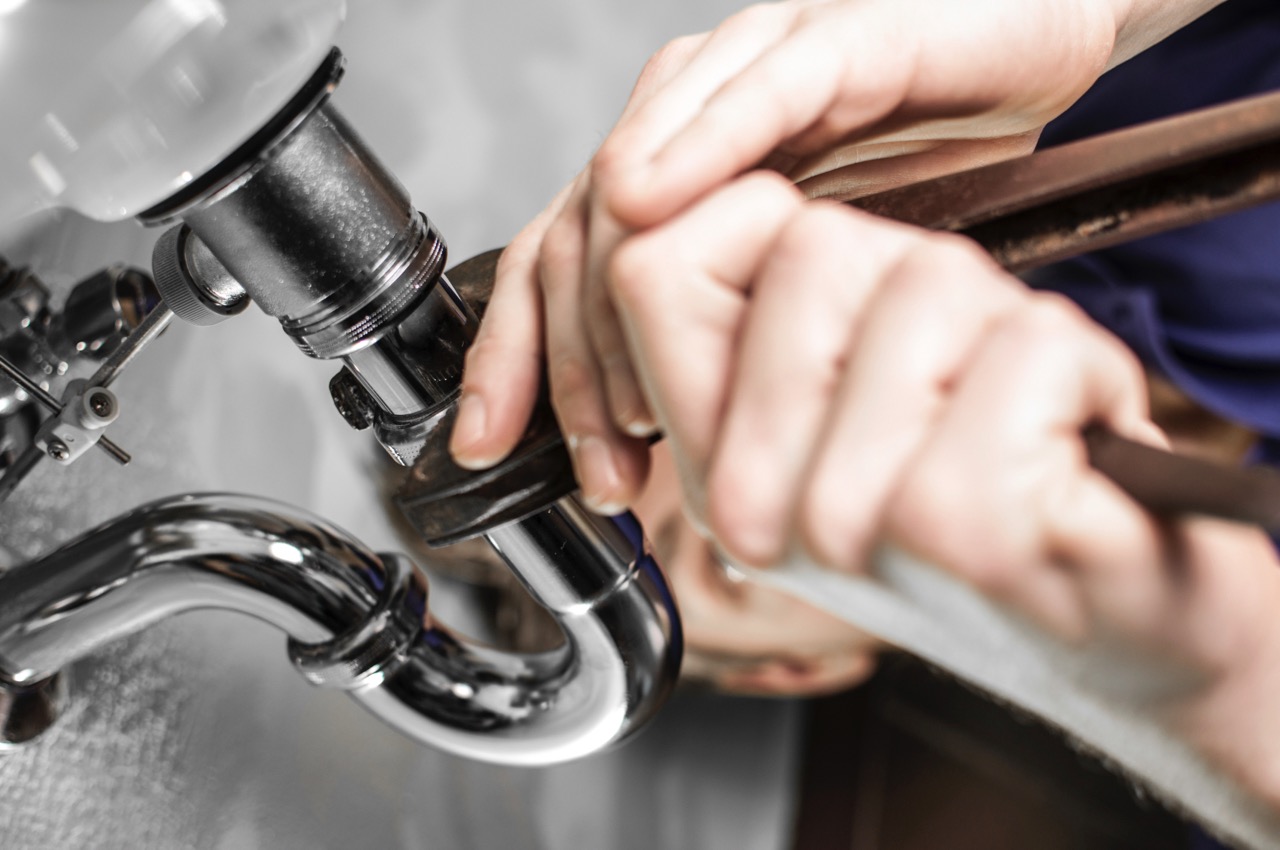
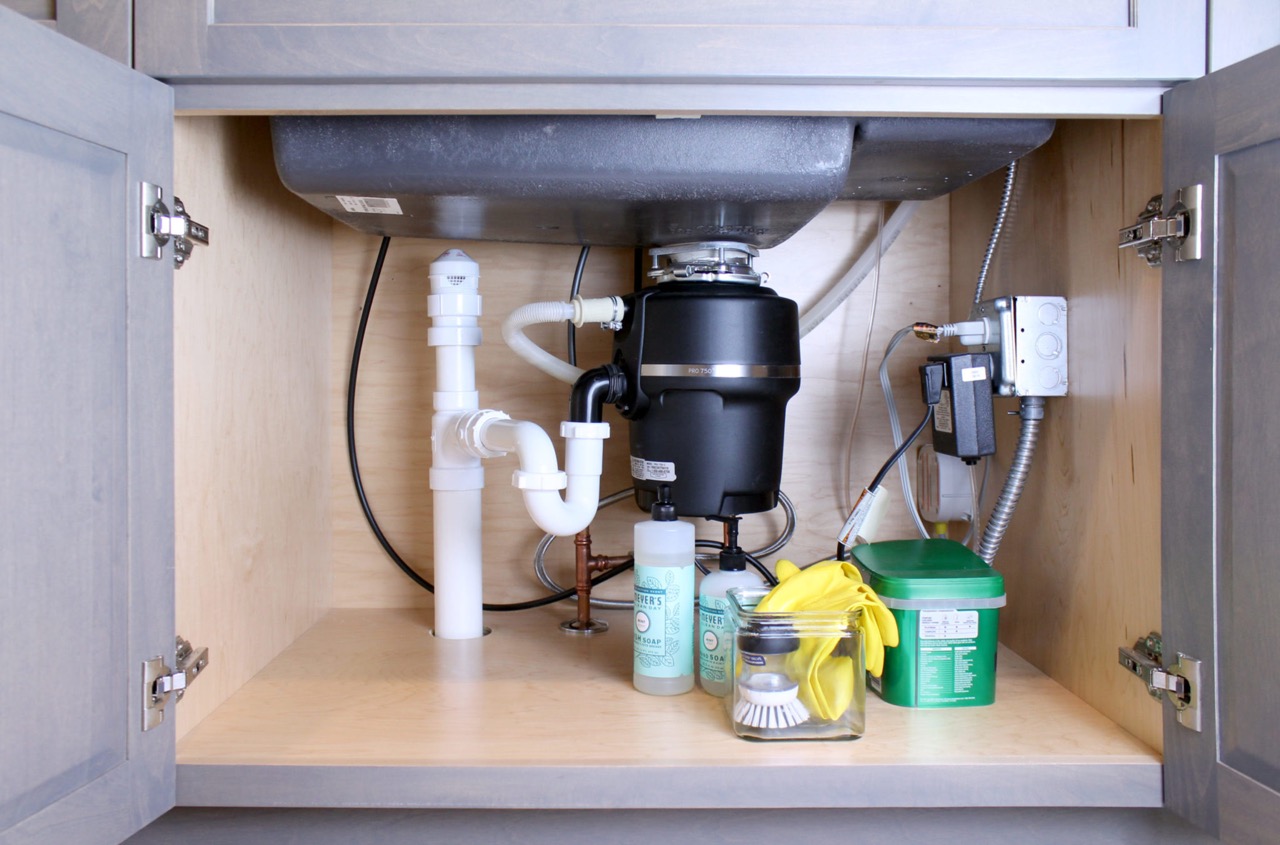
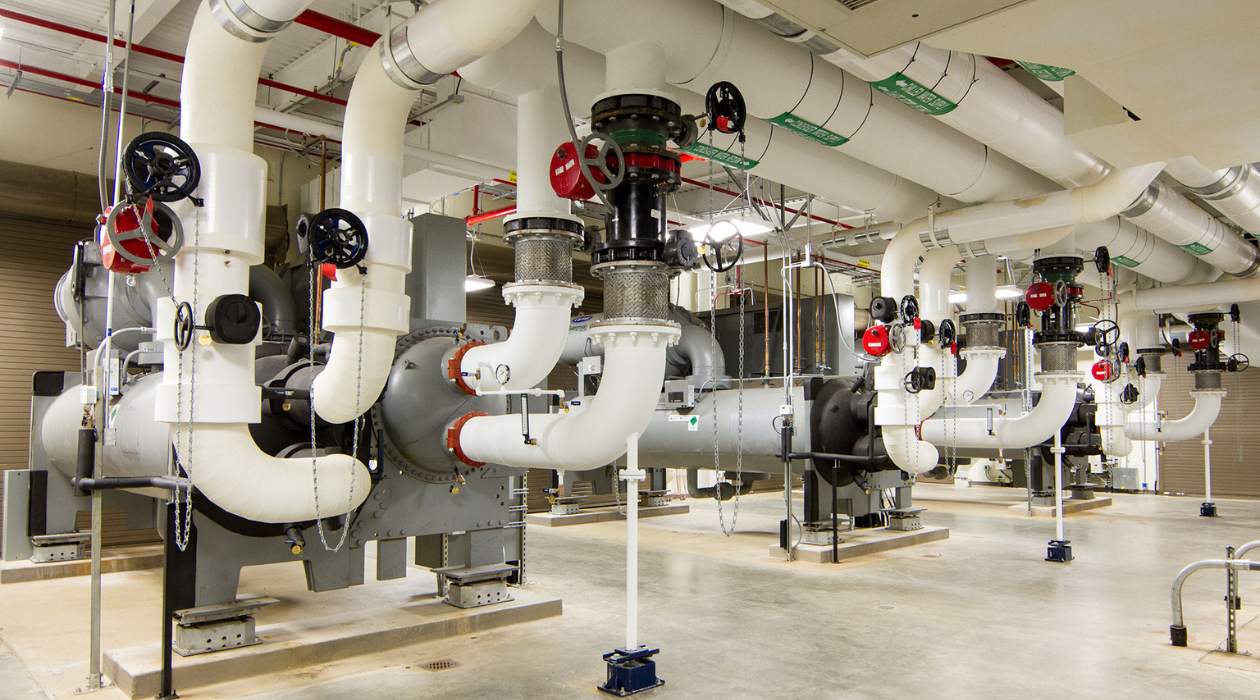
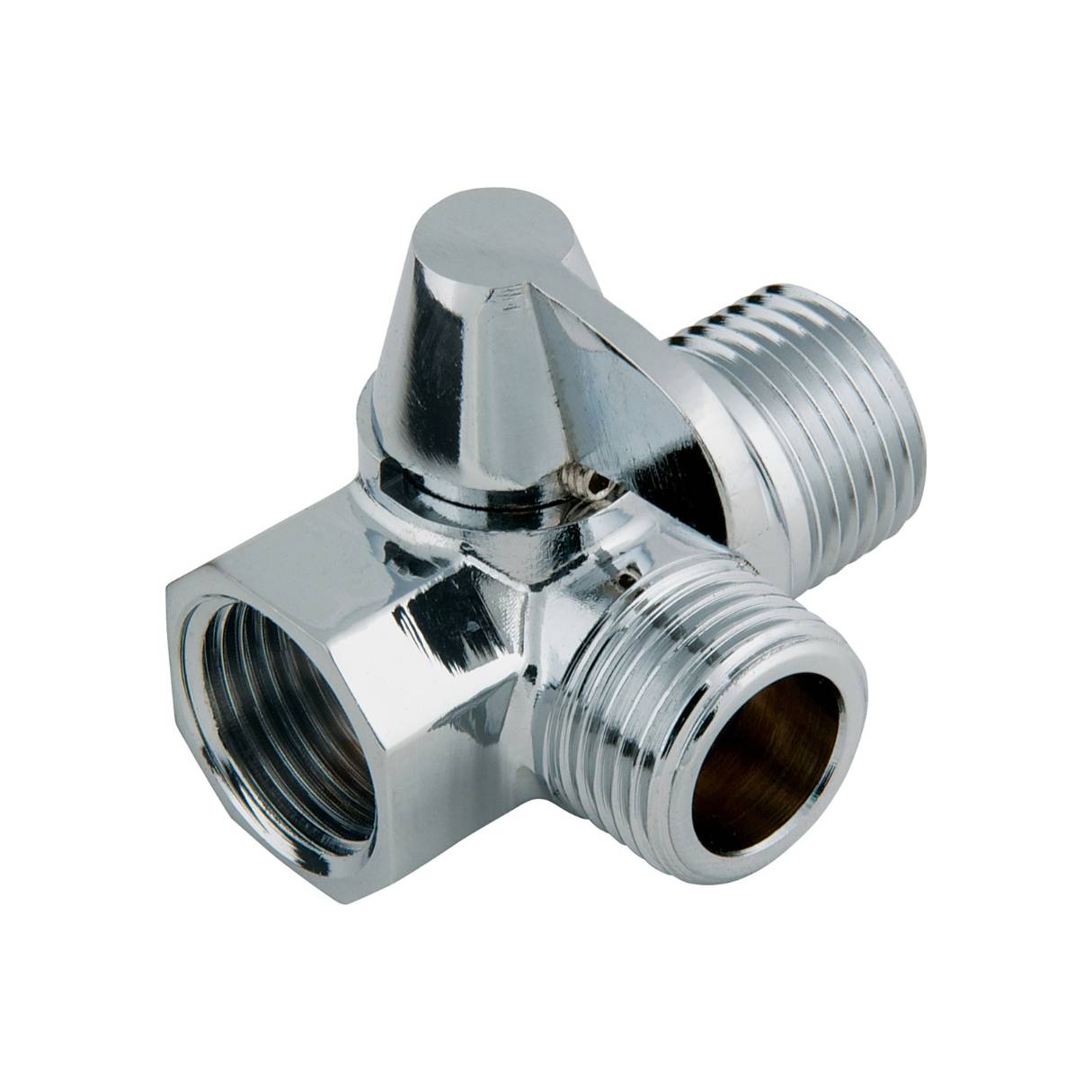
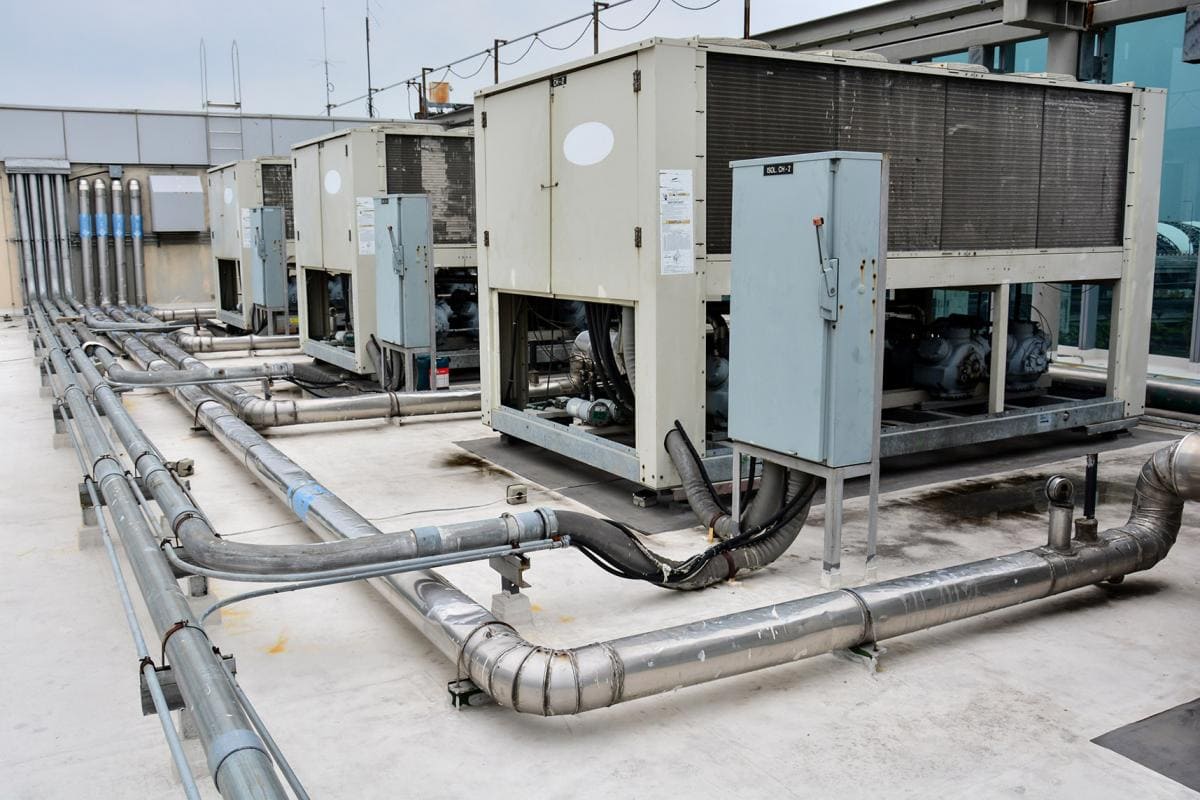
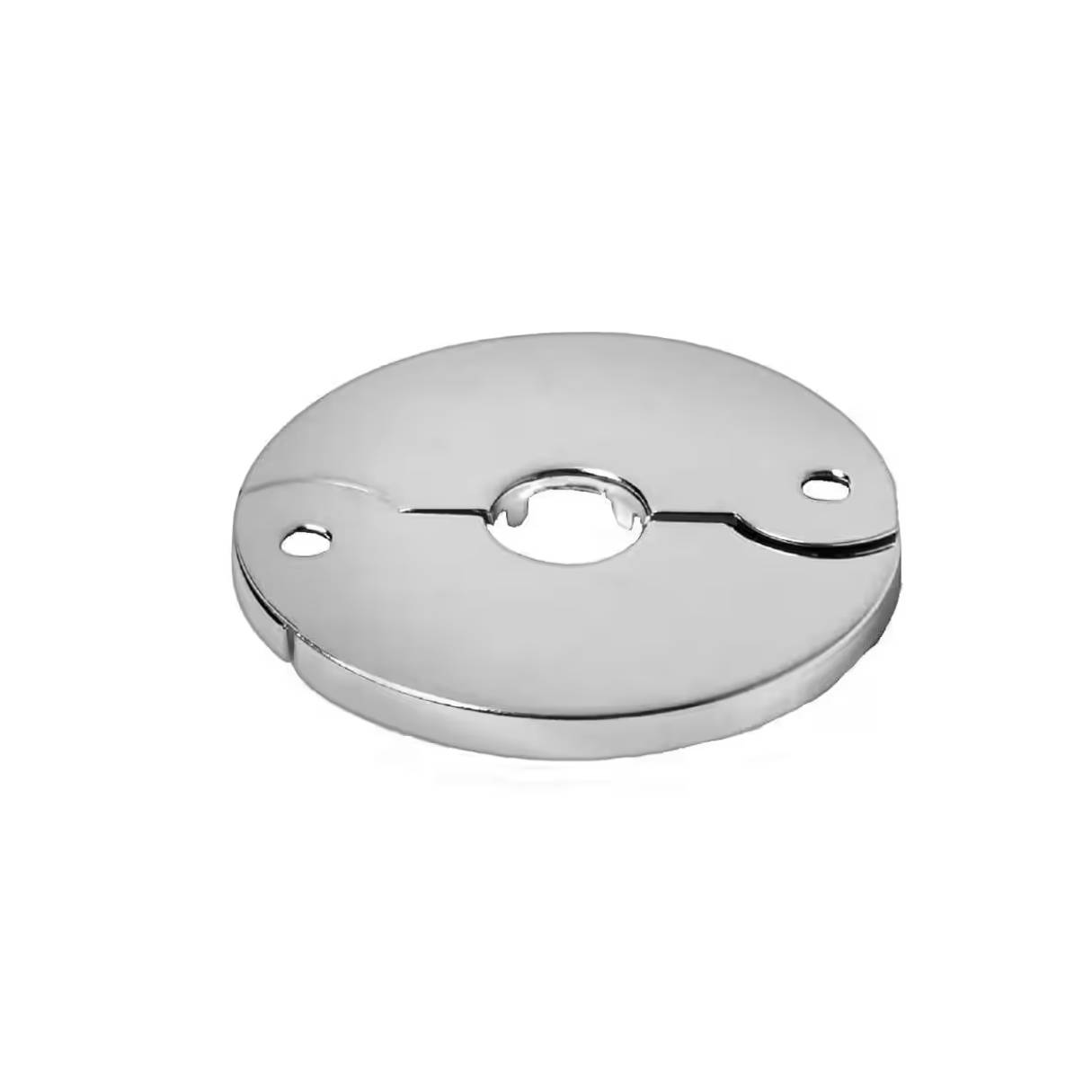
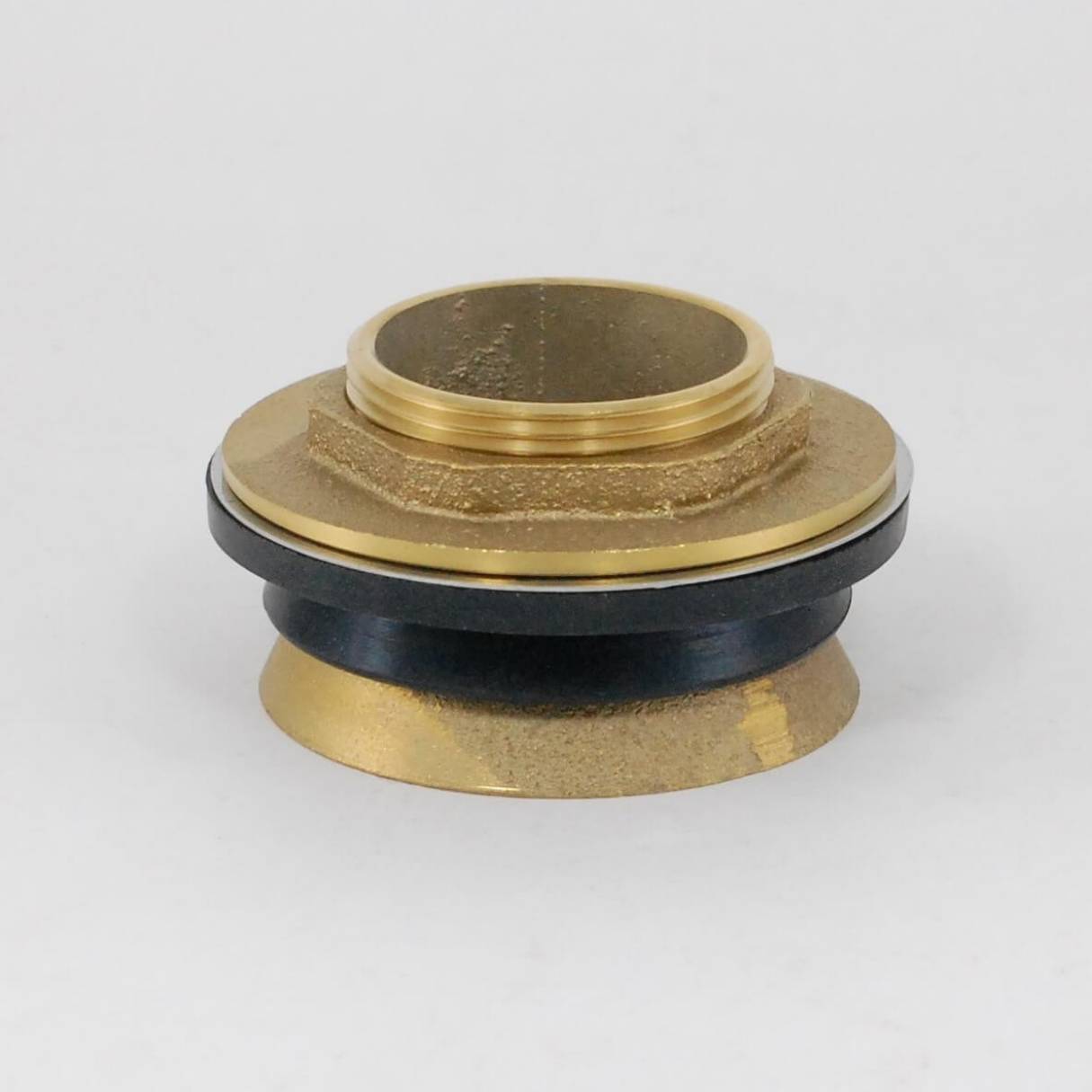
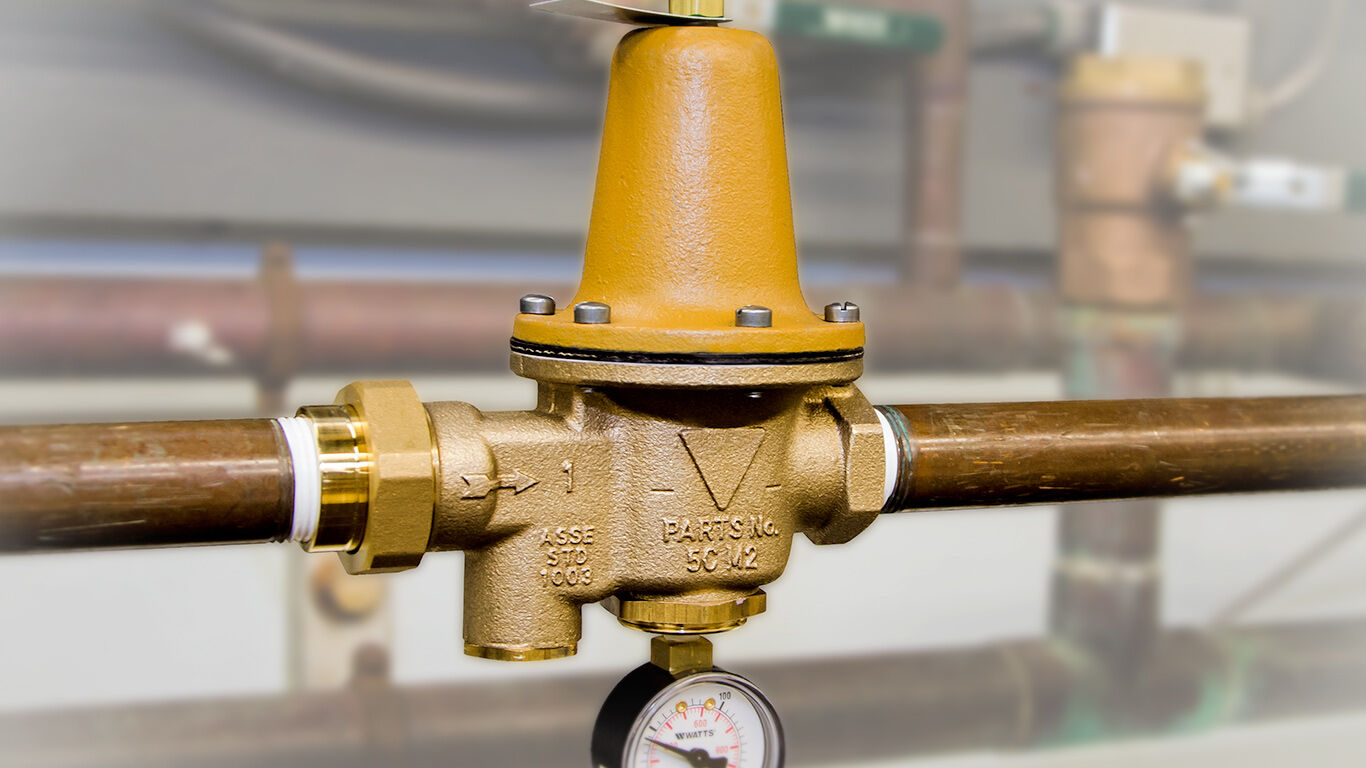

0 thoughts on “What Is A Stoppage In Plumbing”